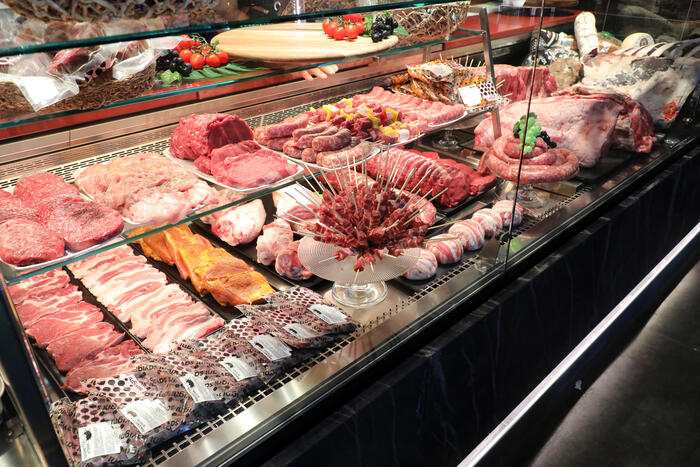"There is no alternative to reducing meat consumption", because switching to that grown in the laboratory is like "going from the pan to the grill". This is supported by Slow Food Italy, which has just released a document on its position on the matter, in which it also addresses the methods of industrial production, the consequences of meat consumption and sustainable farming and agriculture.
The no is said because food is culture, as well as fuel for the body, because the production of meat in the laboratory requires large amounts of energy, in addition to the fact that many aspects of the production itself are unknown, since companies hide behind industrial secrecy. The main subjects that point to the laboratories are also the same ones that dominate the meat supply chain, with the same logic of profit and monopoly.
"Meeting the current global demand for meat," Barbara Nappini, president of Slow Food Italy, "has required a disruption of centuries-old farming methods, giving rise to the so-called industrial or intensive approach. A method that has ensured meat (almost) for everyone, but under unjust, unacceptable and unsustainable conditions. According to Slow Food, to curb this drift it would be enough to reduce meat consumption in the countries of the northern hemisphere, giving substance to the desired protein transition, rather than promoting cultured meat".
Slow Food, in the published document in which it explains that lab-grown meat is not the solution to industrial meat production, begins by reporting that "since 1960 meat production has increased fivefold and, according to the FAO, could double by 2050. The consequences are serious for everyone: for our health, for the climate, for our planet, for animal welfare."
The association covers and analyzes the consequences of this on the environment and people. The data reported on production speak of 45 million tons in 1950, 30 million in 2018 and 500 million in 2050. "This surge in production - explains the association - is linked to a profound transformation of breeding, which has specialized, disconnected from the land and transformed into industry. In turn, industrial breeding is closely linked to the spread of monocultures (first of all soy, corn) and agricultural practices that deteriorate soil fertility, compacting it and polluting it with chemical fertilizers and pesticides. Most of the soy and corn grown in the world are destined for animal husbandry and are GMOs. "The whole system - from seed production to chemical fertilizers, pesticides, hydraulic pumps, animal genetics to feed production, from pharmaceuticals to breeding, slaughter and distribution and even the shipping companies that transport feed and flour across the globe - is controlled - specifies Sloow Food - by a handful of multinationals, that continue to increase their reach thanks to acquisitions and mergers".

